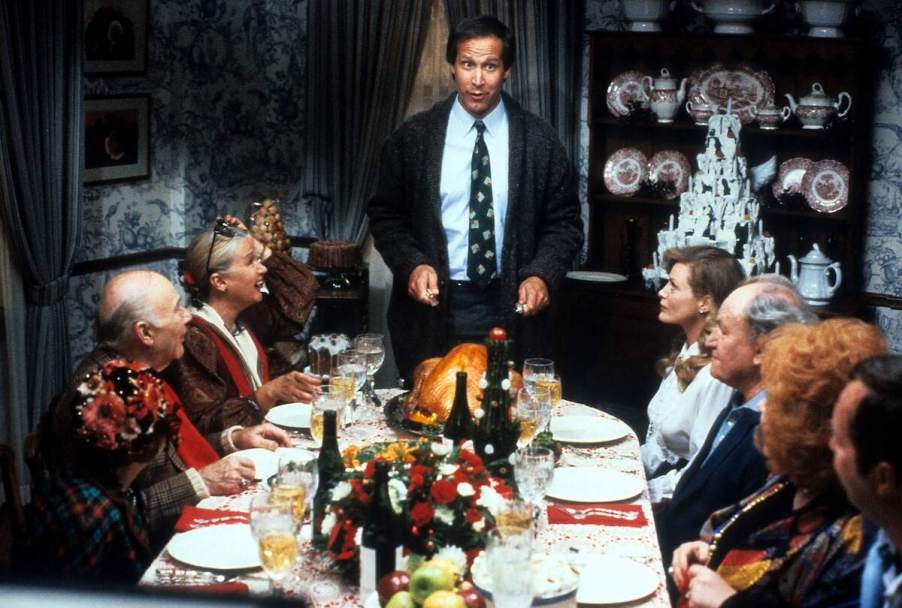
Is It Safe to Eat Turkey Roadkill for Thanksgiving Dinner?
For many Americans, a traditional Thanksgiving dinner features turkey as the main course. Though most people buy a Butterball at the grocery store, some legally harvest wild turkeys from sustainable populations found in most states. Abundant wild turkey populations are good, but birds don’t understand car safety rules. So, sometimes they meet their demise in wildlife-vehicle collisions. This situation begs the question: Is it safe to eat turkey roadkill for Thanksgiving dinner?
How often are animals killed in vehicle collisions?

A 2008 Federal Highway Administration report warned that wildlife-vehicle collisions (WVCs) continue to increase. According to national crash database estimates, approximately 300,000 WVCs happen annually. However, that number is likely far below the actual figure because the database excludes car accidents with less than $1,000 in damages, and not all drivers or officials report WVCs.
A more thorough approach that includes carcass counts, auto insurance data, police reports, and public input estimates WVCs over 1 million. Collisions involving large animals like deer, moose, and elk get the most attention because they’re more likely to cause human fatalities and injuries. However, letting any game animal, including wild turkeys, rot as roadkill seems wasteful.
Is it safe to eat turkey roadkill?

As with anything you consume, approach eating turkey roadkill with common sense and knowledge. A healthy bird freshly killed in a WVC is safe to eat if you follow a few guidelines.
First, avoid any roadkill exposed to warm temperatures for unknown periods. Heat causes bacteria to multiply at higher rates, so consuming a dead turkey more than a few minutes old is risky. It’s best to avoid eating roadkill from a WVC you did not witness unless temperatures are below freezing.
The second consideration is time. If you don’t know when the turkey died, proceed cautiously, even in colder weather. If you witness any bloating or foul smell from the animal, avoid collecting it.
Finally, evaluate the bird’s condition. The meat is likely unsalvageable if the turkey suffered a direct impact resulting in significant bruising. Likewise, if you find a recently killed animal lying in dirty water, it’s best to pass.
However, even if a turkey roadkill meets all the above criteria, you must contact the proper authorities before collecting it.
Is roadkill cuisine legal in my state?
The legalities of harvesting roadkill vary by state. So, the best advice is to contact your local Department of Natural Resources or Fish and Game Office, which enforces the wildlife regulations where you would like to harvest roadkill. In most cases, you must report the harvest and might need a permit for the animal. Also, the game warden in your area might add your name to a contact list for harvesting roadkill they encounter.
With the popularity and increasing cost of free-range protein, harvesting roadkill is an inexpensive alternative once you get past the stigma. Having a prominent place on your dinner table is a more honorable ending for a wild turkey killed by a car. Would you eat turkey roadkill for Thanksgiving?



